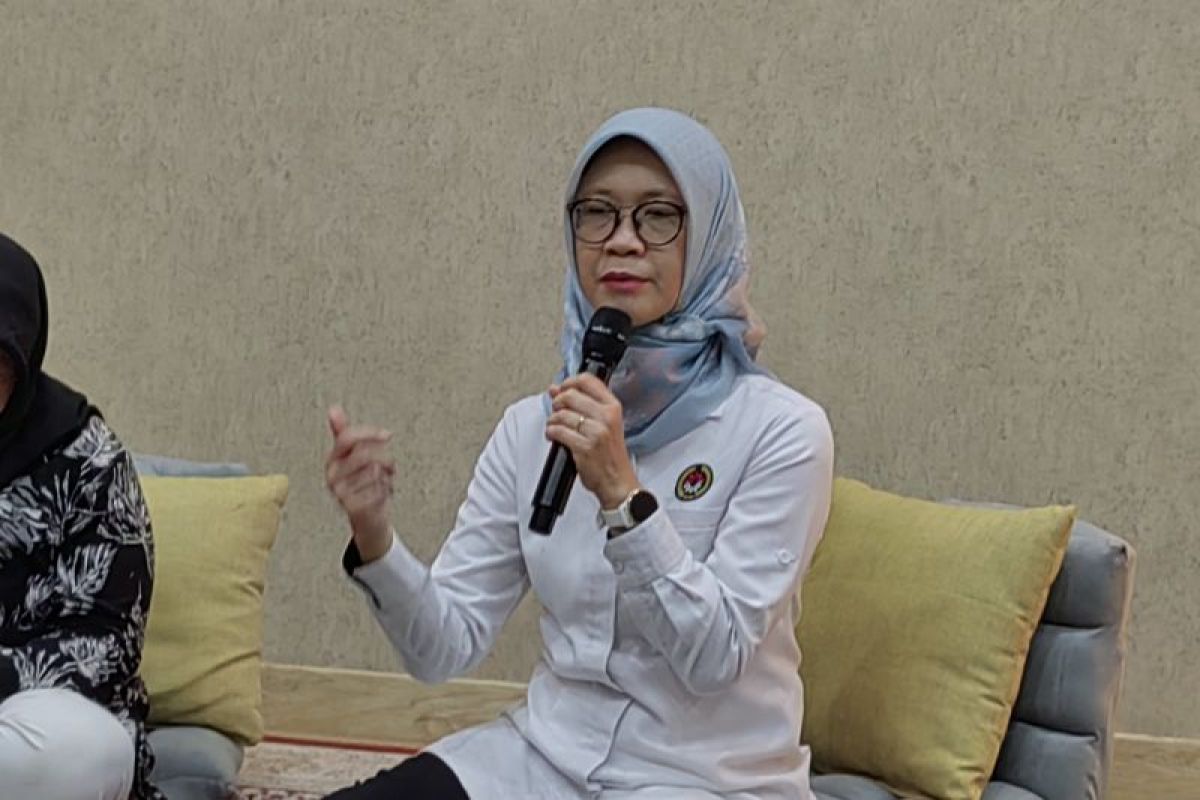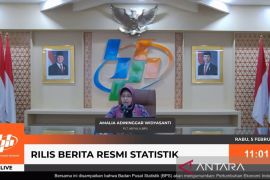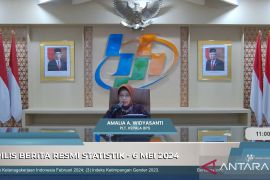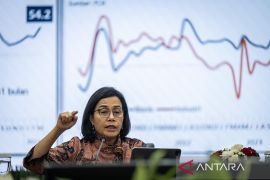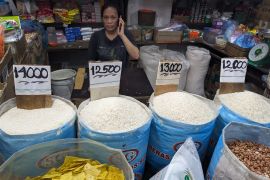"There is no integrated data regarding TPPO, so BPS and Kemenko PMK are currently working on international migration data," Deputy for Coordination of Quality Improvement for Children, Women, and Youth of Kemenko PMK, Woro Srihastuti Sulistyaningrum, stated on Monday.
Sulistyaningrum remarked that currently, each ministry and institution has its own data on migration issues, including on handling human trafficking. Potential differences in data among ministries and institutions posed a challenge in breaking the chain of human trafficking.
She stated that One International Migration Data will provide an overview of data on Indonesian migrant workers, those who study abroad, and the diaspora, including foreign workers in Indonesia.
She explained that One International Migration Data is needed for several purposes, including the protection of Indonesian citizens abroad and taking policy steps based on data.
"A legal basis for One International Migration Data serves as a means for making protection policies, including monitoring services to Indonesian citizens," she stated.
Regarding human trafficking cases, she pointed out that from 2019 to 2022, the trend continued to increase, respectively 2,258; 2,239; 2,514; and 2,880 cases. The case count then decreased, albeit not significantly in 2023 to 2,763.
Based on data from Simfoni PPA, every year, women constitute the majority of human trafficking victims. Women are exploited in the domestic sector and in sex trade.
Sulistyaningrum detailed several factors that cause human trafficking, such as poverty and unemployment, low levels of education and skills that have implications for limited access to resources, as well as less-than-optimal family roles and functions.
Moreover, the practice of gender discrimination in the form of child marriage, contract marriage, and unregistered marriage to the development of the business of sending workers abroad are other causal factors to human trafficking.
"This business has implications for illegal and non-procedural development and minimal supervision," she stated.
Related news: Ministry prevent human trafficking in internship from recurring: DPR
Related news: Ministry hopes human trafficking case to not deter Indonesian students
Related news: VP calls for action on human trafficking affecting Indonesian students
Translator: Asep Firmansyah, Cindy Frishanti Octavia
Editor: Azis Kurmala
Copyright © ANTARA 2024
